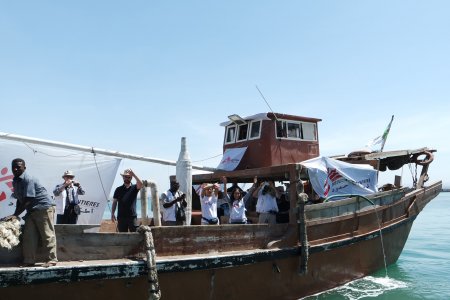 Jochen Ganter
Opinion
Jochen Ganter
Opinion
06/04/2010
Rony Brauman
In May 2010, a convoy of six boats loaded with medical equipment, building materials, school supplies and prefabricated shelters, as well as numerous volunteers, headed for Gaza. This "freedom flotilla" aimed to "break the siege of Gaza". It was stormed by an Israeli commando. Nine activists lost their lives. In this article, Rony Brauman questions the terms used to legitimize or disqualify this initiative and the tragedy that followed. Was the flotilla "humanitarian" or "political"? Is there a "humanitarian crisis" in Gaza or not?
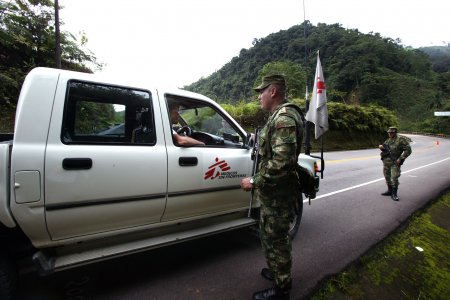 Juan Carlos Tomasi
Opinion
Juan Carlos Tomasi
Opinion
04/09/2010
Fabrice Weissman
On March 3, NATO Secretary-General Anders Fogh Rasmussen sent a direct appeal to the humanitarian community. Acknowledging the limits of military force in the stabilization and reconstruction effort in Afghanistan, he wants to create a closer partnership with the NGOs.
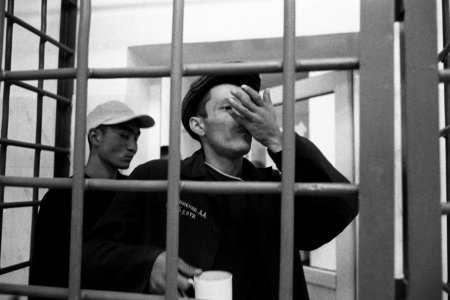 Aleksandr Glyadyelov
Opinion
Aleksandr Glyadyelov
Opinion
12/18/2009
Jean-Hervé Bradol
The public arena is once again the stage for discourse and undertakings of Titanic proportions. Some endeavour to adjust our planet's thermostat while others devote themselves to wiping out the scourge of disease.
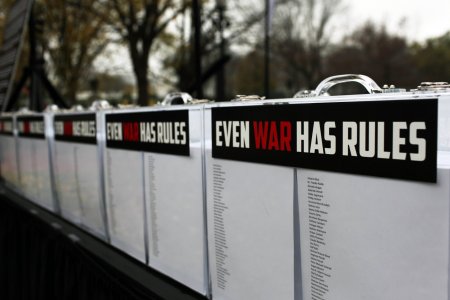 Michael Goldfarb
Opinion
Michael Goldfarb
Opinion
12/14/2009
Rony Brauman
In January 2009, eight regional and national NGOs got together to create the "International Coalition for the Responsibility to Protect." The photo on their website's homepage sets the tone.
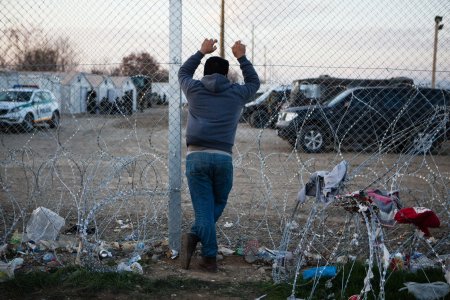 Alex Yallop
Opinion
Alex Yallop
Opinion
10/06/2009
Rony Brauman
The article written by Christian Troubé, "The end of humanitarianism without borders?", published by Grotius.fr, and based on a description of humanitarianism of ‘yesteryear', strikes a cord with many of today's humanitarian figures.
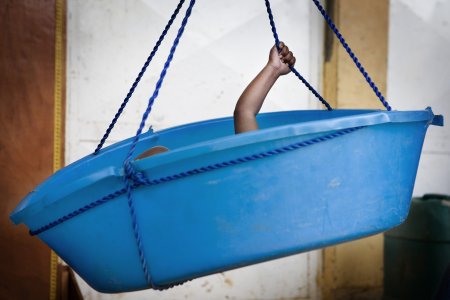 Robin Utrecht
Opinion
Robin Utrecht
Opinion
07/29/2009
Jean-Hervé Jézéquel
In 2008, Southern Ethiopia was the epicentre of a vast nutritional intervention: more than 100,000 malnourished children received assistance from a mix of actors including both international actors and local health facilities.
 Juan Carlos Tomasi
Opinion
Juan Carlos Tomasi
Opinion
03/01/2008
Xavier Crombé
Though independence and innovation are both highly valued concepts, Xavier Crombé questions in this article - thanks to MSF's experiences in Niger in 2005 - the possible interactions between them.
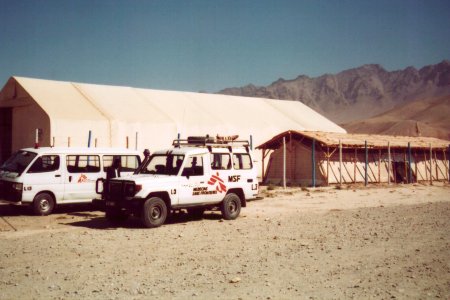 Mehdi Mekroud
Opinion
Mehdi Mekroud
Opinion
09/01/2003
Xavier Crombé
Denis Lemasson
This article questions the independence of humanitarian action in Afghanistan, at a time when aid initiatives from military forces blurs differences, and when NGOs financed mostly by institutional funding risk becoming mere "implementing partners" of an aid policy driven by a political agenda.
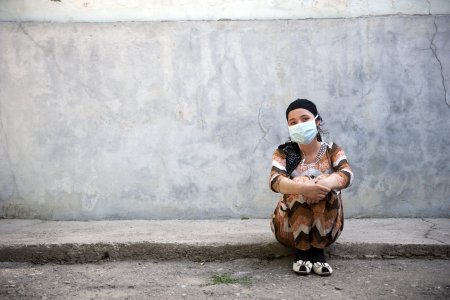 Wendy Marijnissen
Opinion
Wendy Marijnissen
Opinion
05/01/2003
Rony Brauman
Rony Brauman questions the link between public health decisions and the right to health care.
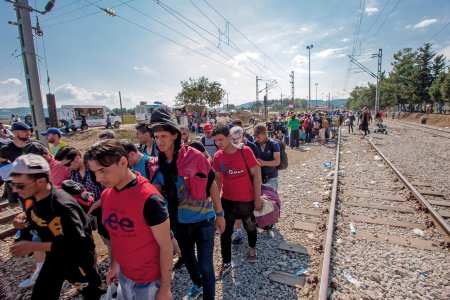 Borja Ruiz Rodriguez
Opinion
Borja Ruiz Rodriguez
Opinion
01/01/2003
Fiona Terry
As the USA announces its decision to suspend food aid to North Korea - one of the largest beneficiaries of global food aid - Fiona Terry reveals the true political issues behind the decision, and reminds us of how "humanitarian" assistance is used to bolster one of the planet's most oppressive regimes.
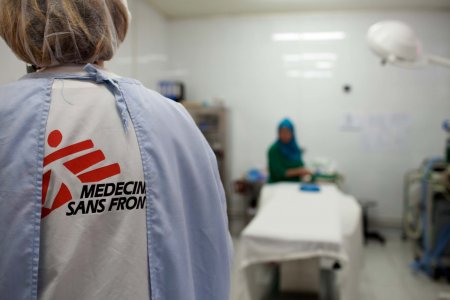 Amador Gullar
Opinion
Amador Gullar
Opinion
01/01/2003
Fiona Terry
The international aid regime tends to exaggerate changes over the last decade in the nature of so-called humanitarian crises. Neither violence perpetrated against civilian populations nor the dilemmas posed to aid organisations attempting to assist them have worsened since the end of the Cold War.
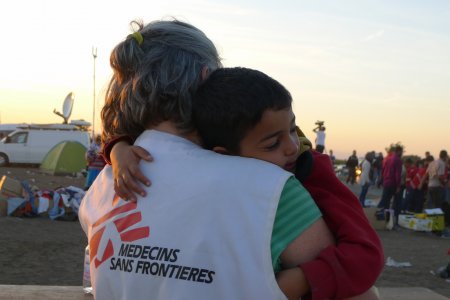 Ana Lemos
Opinion
Ana Lemos
Opinion
09/04/2001
Fiona Terry
In this article, Fiona Terry discusses the tragic situation of the North Korean people, despite North Korea being one of the world's largest beneficiaries of food aid.
 Jochen Ganter
Opinion
Jochen Ganter
Opinion











